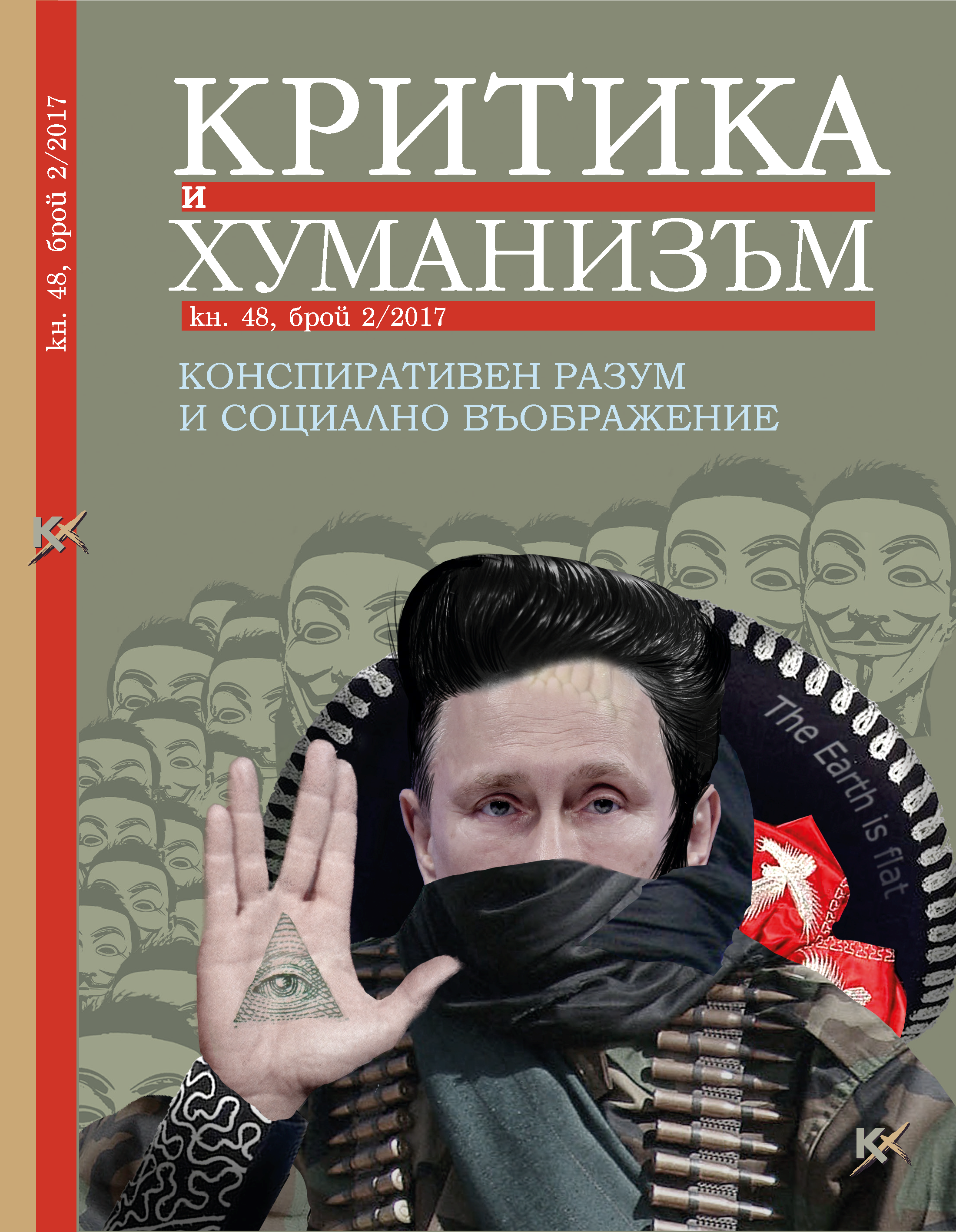Съдебна власт или конспирация? Възникването на гражданина-следовател в контекста на центрираната около правова държава и борба с корупцията политика
Judicial Power or Conspiracy? The Emergence of the Citizen-Investigator in the Context of a Politics Centered around the Rule of Law and Fight against Corruption
Author(s): Lea VajsovaSubject(s): Social Sciences, Civil Society, Sociology, Social Norms / Social Control, Sociology of Politics
Published by: Фондация за хуманитарни и социални изследвания - София
Keywords: transition; post-communist Bulgaria; judicial power; rule of law; anticorruption discourse; subjectivity; civil society; conspiracy; Boltanski; sociology of secrecy
Summary/Abstract: The thesis of the current article is that it is diffi cult to distinguish conspiracyin some of its manifestations from the logic of the judiciary. I will attempt to show that the difference between conspiracy and judiciary is a consequence of the positioning of that logic in locations, discursively gifted with the right to value something as truth. Undoubtedly, the judiciary power discourse is one of the leading political perspectives in Bulgaria since politics are centered around the rule of law and the fight against corruption. In order to unfold my mainthesis, I attempt a reconstruction of the anticorruption discourse based on the works of Ivan Krastev and Nadège Ragaru. I demonstrate its development on a global scale and its entry in post-communist Bulgaria. What I find particularly interesting in Ragaru’s observation is that the anticorruption fight relies on civil society and in that sense, constructs a “civil society”, which in the frame of the juridical discourse begins to duplicate the practices of the investigator.
Journal: Критика и хуманизъм
- Issue Year: 2017
- Issue No: 48
- Page Range: 257-278
- Page Count: 22
- Language: Bulgarian
- Content File-PDF

